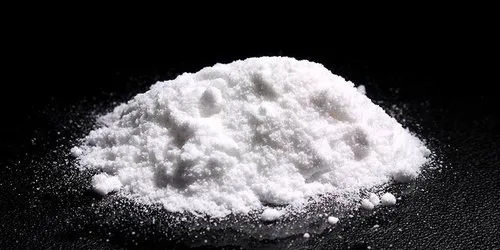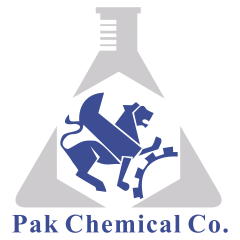Magnesium stearate is a fine white powder that is a mixture of stearic acid and magnesium salt. Despite its unassuming appearance, this compound plays a critical role in a wide range of industrial and pharmaceutical processes. This article delves into the applications of magnesium stearate and its significance in various industries.
1. Pharmaceutical Industry
Magnesium Stearate as an Excipient:. The pharmaceutical industry primarily uses magnesium stearate as an excipient. An excipient is an inactive substance that acts as a vehicle or medium for a drug in a medicine. During production, magnesium stearate prevents pills and capsules from sticking to the machinery by acting as a lubricant. Its lubricating property ensures the smooth and efficient production of tablets.
Flow Agent: In addition to acting as a lubricant, magnesium stearate is also a flow agent. This means it helps in ensuring the smooth flow of powder materials, ensuring consistency in the production process.
2. Cosmetics and Personal Care Products (Application of Magnesium Stearate)
Lipsticks and Makeup: Magnesium stearate finds its way into lipsticks and other makeup products due to its texture-enhancing properties. Serving as a foundational ingredient, magnesium stearate helps give lipsticks their solid form, ensuring they don’t smudge easily. Furthermore, in products like eyeshadows and blushes, it facilitates a smooth application and enhances the product’s ability to adhere to the skin.
Skin Creams and Lotions: Its lubricating properties are beneficial in skincare products, offering a smooth and silky texture. Magnesium stearate also helps in the emulsification process, ensuring that water and oil components blend seamlessly.
3. Food Industry
Anti-caking Agent: In the food industry, magnesium stearate acts as an anti-caking agent. It prevents powdered food products from clumping together, ensuring they remain free-flowing. This is particularly valuable in products like spices, baking ingredients, and powdered drinks.
Food Additive:. People recognize magnesium stearate as a safe food additive. Manufacturers add it in minute amounts to certain foods, such as candies and baked goods, to aid in production and maintain product quality.
4. Plastics and Polymer Production
In the production of plastics and polymers, manufacturers use magnesium stearate as a release agent to ensure easy removal of the finished product from molds without sticking. This not only facilitates efficient production but also ensures the quality and consistency of the end product.
5. Textiles (Application of Magnesium Stearate)
Manufacturers use magnesium stearate as a lubricant in the production of synthetic fibers, ensuring smooth production without snags or breaks and resulting in a consistent, high-quality end product.
6. Other Industrial Uses
Paints and Inks: In paints and inks, magnesium stearate aids in preventing the unnecessary settling of solid particles, ensuring a uniform consistency.
Detergents:. In some detergent formulations, manufacturers use magnesium stearate for its gelling properties, which help achieve the desired consistency of the detergent.
Conclusion (Application of Magnesium Stearate)
Magnesium stearate, while not being a household name, plays a pivotal role in multiple industries. Its versatility as a lubricant, flow agent, and anti-caking agent showcases its importance in ensuring the smooth operation and quality of many everyday products. As industries continue to evolve, the applications of magnesium stearate may expand even further, highlighting the compound’s significance in various production processes.

